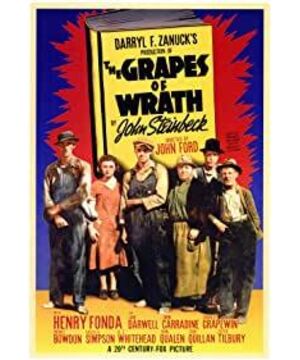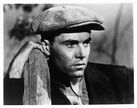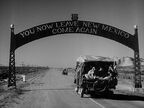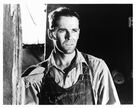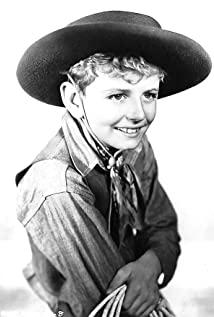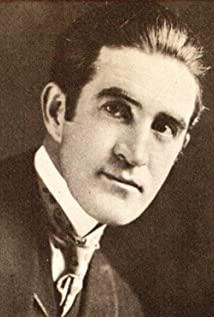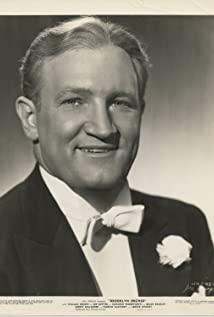Why?
Because the level of social development cannot be reached. "Marx believes that the level of material production determines the superstructure." Everyone knows this sentence, but they often forget about those illusory goals. For example, at a stage when the material level is still very scarce, we expect to have the same social structure and ideological level as the United States. This is ridiculous. The legs are still standing on the first floor, and the hands want to touch the third floor. This will inevitably lead to the tearing of the muscles of the entire body, as well as the inferiority complex that accumulates rapidly in the heart due to the existence of the gap. Human sociality has a certain law of development, and it cannot move forward in leaps and bounds. In fact, human nature is common. If people in the 1920s and 1930s in the United States had experienced the kind of material and water living standards that were extremely close to animals and the pressure of social public opinion that dehumanized the surroundings, I would not think their performance would be as decent as in the film.
Speaking back to this movie. Although the film is a road film, the pace is not fast. The atmosphere has also maintained consistency: depressed and dull. Occasionally there are small flowers, such as buying bread and candy at the gas station and playing and singing at night, which is soothing. You don't know when this kind of drifting is headed until they arrive at the "Utopia"-like Ministry of Agriculture shelter. The peasants here are self-sufficient, democratic and autonomous, free from harassment by the police, and have better infrastructure. This is really the "socialism" that poor peasants dream of. When the video is here, everyone feels that they can finally explain it, and let out a long sigh of relief. However, things backfired. The whole country is like this. How can this small piece of land hold up everyone's expectations! After the farming is done here, everyone has to go to other places to survive. The displacement will continue. However, the difference is that two people have already awakened.
One is a mother who doesn't want the family to fall apart. This ordinary housewife personally sent away the two old men of the previous generation, and kissed her beloved son goodbye on a thin moon night. She will also shoulder the responsibility of gathering and maintaining the family in the future. She has become stronger and more determined, as she finally said to her husband, "Women are born to endure more pain than men. Men are jumping, and women are long flowing." Living is her goal.
The second is a young son full of justice. He had just been released on bail from prison and suffered this arduous trek home. The death of the priest finally made him fully awakened. The poor people at the bottom need to resist, unite and fight for a better life. It was like on the farewell night his mother asked him where to find him. He replied, "Wherever the poor fight to eat their stomachs, there will be me; wherever the police beat the poor, I will be there; I am in the crowd shouting in anger, I am in the children who smell the smell of dinner and laugh. People can enjoy their own food, and when they live in homes built with hands, I am in it. "Such awe-inspiring righteousness and unwavering determination, we have reason to believe that such young people will surely set off a wave of revolution in the future.
At the end of the film, it gave the audience an explanation, a little spark. So this film can be said to be an idealistic work under the cloak of reality.
View more about The Grapes of Wrath reviews


